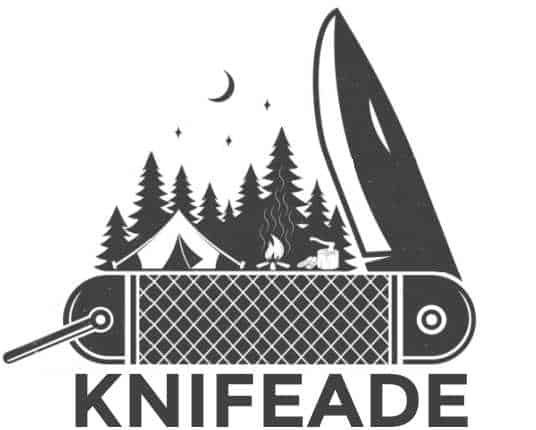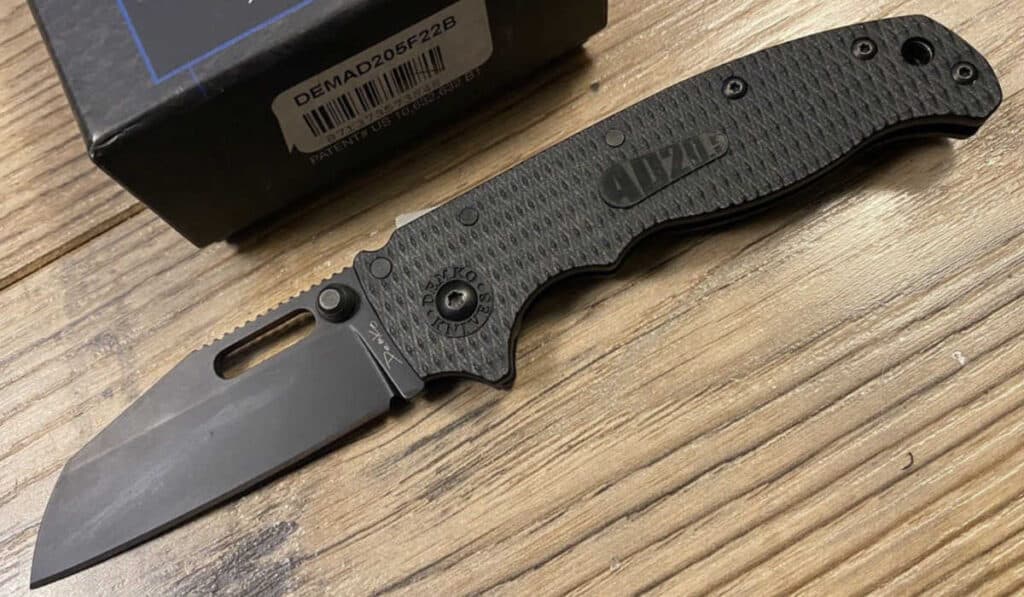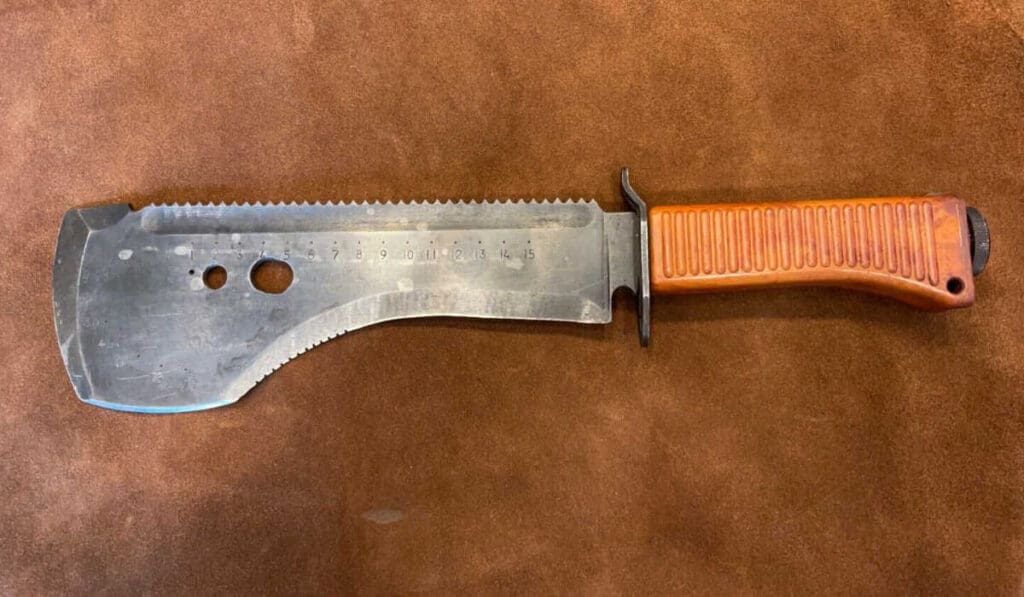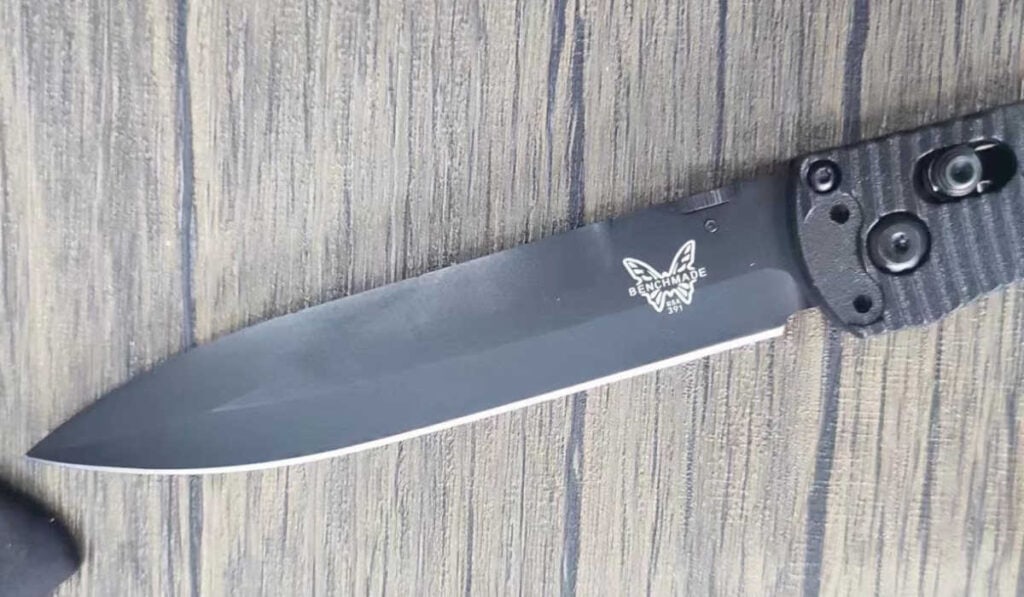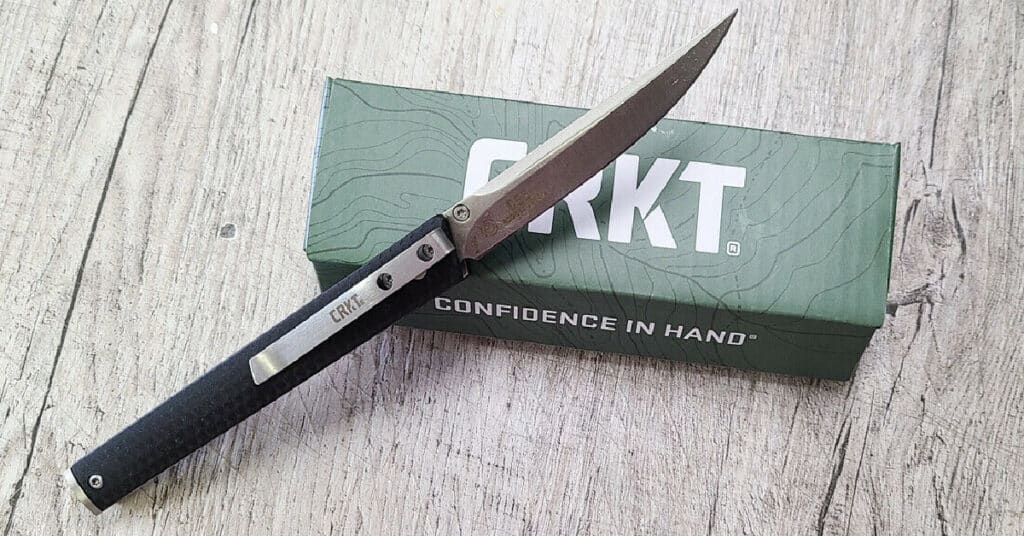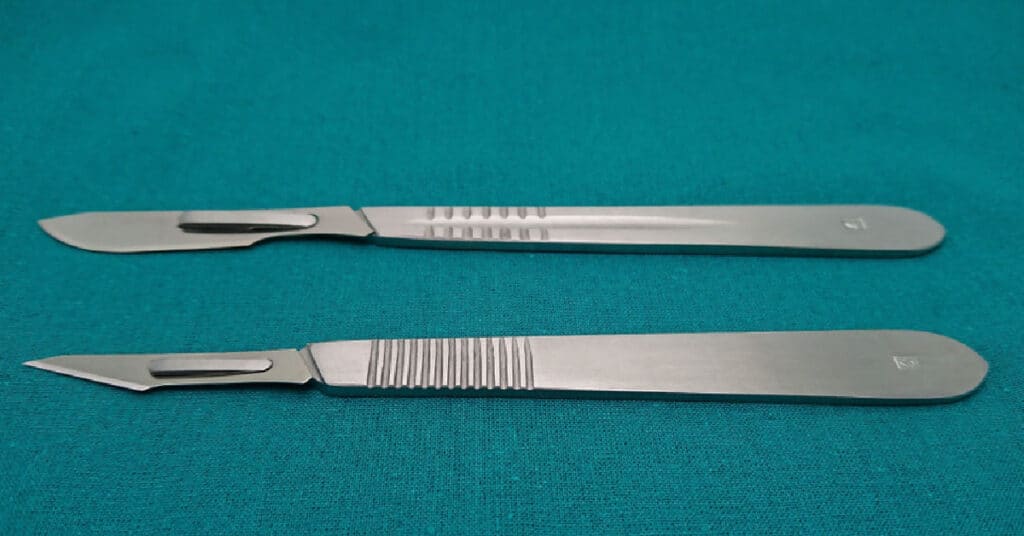Last updated on October 21st, 2023 at 03:09 am
As an Amazon Associate I earn from qualifying purchases.
North Carolina knife law can be a confusing topic for those looking to buy and own pocket knives in the state.
Even so, it’s important to understand what types of knives are allowed, as well as any age restrictions or concealed carry laws that may apply when it comes to owning a pocket knife in North Carolina.
In the state, there are open carry laws and preemption regulations regarding local knife ordinances that you should know about before purchasing your first pocket knife.
In this article, we will provide an overview of all these aspects of North Carolina’s Knife Law so you can make sure you’re informed on how best to stay compliant with the law while enjoying your new purchase responsibly.
Our Top Rated “50-State-Legal” Knives
*These knives are listed based on their broad legality across states, but always consult your local laws before making a purchase.
Types of Knives Allowed in North Carolina
Pocket Knives
Pocket knives are a very common type of knife permitted in North Carolina. They typically have a folding blade and can be carried in a pocket or on a belt loop. Examples of popular pocket knives include Swiss Army Knives, lock-blade folders, and multi-tools. Unlike some states, North Carolina does not have a blade length limit stated for pocket knives.
Balisongs
Balisongs, also known as butterfly knives, are considered a gray area in North Carolina’s knife laws. The legality of balisongs is a complicated issue, and they may be regulated under the state’s switchblade statute.
Prohibited Knives in North Carolina
In North Carolina, certain types of knives are prohibited from being owned or carried. These include ballistic knives and spring-loaded projectile knives.
Switchblades
North Carolina’s knife laws prohibit anything that has a spring-assisted mechanism to release the blade, which includes switchblades. It is illegal to carry a switchblade or a fixed-blade knife in your pocket in North Carolina, although open carry seems to be permissible.
Ballistic Knives
Ballistic knives are particularly dangerous and therefore they are completely banned in North Carolina under state law. They cannot be legally owned or carried at any time.
It is important to be aware of the laws in North Carolina regarding prohibited knives, as they are strictly enforced. Moving on, let’s take a look at age restrictions for knife ownership in the state.
Age Restrictions for Knife Ownership in North Carolina
In North Carolina, the minimum age requirement for purchasing and carrying a bowie knife or dirk is 18 years old. However, the law does not specify the age restriction for other types of knives.
Knife Carry Laws In North Carolina
Concealed Carry Laws
Concealed carry laws regarding pocket knives are strictly enforced in North Carolina. Concealed carry is defined as carrying a weapon in such a way that it is not visible to the public. This includes items like firearms and knives. It is illegal to carry concealed bowie knives, dirks, daggers, or razors unless on one’s own premises. However, an “ordinary pocketknife” is exempt from this restriction.
Open Carry Laws
Open carry is lawful for all knives in North Carolina, although there are restrictions on carrying knives in certain locations such as schools and government buildings.
Preemption Laws Regarding Local Knife Regulations in North Carolina
Preemption laws regarding local knife regulations in North Carolina ensure all citizens of the state have access to consistent, uniform knife laws. This prevents cities and counties from enacting their own individual ordinances related to knives.
However, this does not apply if the person carrying the pocketknife has been convicted of a felony involving violence against another person; in such cases, they may still be subject to additional restrictions imposed by local authorities.
The law also states that no city or county can impose age limits on who can purchase and carry certain types of knives as long as those individuals meet federal requirements for purchasing firearms and ammunition (18 years old).
Municipalities are prohibited from passing ordinances that would allow them to confiscate weapons without due process rights being provided first. This means police officers cannot take away someone’s knife without probable cause and must follow proper procedures before doing so.
Penalties for Violating Knife Laws in North Carolina
In North Carolina, individuals who violate knife laws may face civil or criminal penalties. Civil penalties typically involve monetary fines imposed on those who violate state-level knife regulations, and criminal penalties can include jail time or other punishments depending on the severity or frequency of violations.
Civil Penalties for Violating Knife Laws
Civil penalties typically involve monetary fines that are imposed on individuals who violate state-level knife regulations such as possessing certain types of knives that are illegal in North Carolina or carrying a concealed weapon without proper authorization.
Depending on the violation, these fines can range from small amounts up to thousands of dollars per offense. In addition to paying a fine, some offenders may also be required to complete community service hours or attend educational classes related to responsible gun ownership and safety practices.
FAQs in Relation to North Carolina Knife Law
What knives are illegal in North Carolina?
North Carolina has some restrictions on the types of knives that are legal to own and carry. Ballistic knives, disguised blades (such as lipstick or belt buckle blades), and metal knuckles are all illegal in North Carolina.
What length knife is legal in North Carolina?
In North Carolina, there is no stated blade length limit for carrying a knife.
Can you carry a knife in North Carolina?
Certain knives such as daggers and dirks are prohibited from being carried openly or concealed on one’s person regardless of length. It is also unlawful for anyone under 18 years old to purchase or possess any type of knife unless they have written consent from their parent or guardian.
What is considered a pocket knife in NC?
In North Carolina, a pocket knife is defined as any folding knife with a blade that can be opened and locked into place by one hand.
North Carolina State Knife Law References
Official Sources of North Carolina’s Knife Laws
- North Carolina General Statutes § 14-269 which restricts the concealed carry of certain types of knives except on one’s own premises with exceptions for ordinary pocket knives.
- Section § 14-269.4 of the North Carolina General Statutes regarding weapons on certain State properties and in courthouses.
- Definitions for switchblade knives and other weapons can be found in the North Carolina General Assembly’s statutes.
Significant Court Cases
| Case Title | Summary |
|---|---|
| State v Soles | In 2008, the North Carolina Supreme Court addressed the issue of proximity of the weapon when a convicted felon was found with a loaded handgun in his van. |
| Matter of Dale B. | In 1989, the court ruled on the classification of a knife in relation to the state’s concealed carry laws. |
| State v. Fields | A 2023 case revolving around a violent incident where a knife was involved, although the detailed summary wasn’t provided. |
| State v. Pickens | A 2023 case revolving around a violent incident where a knife was involved, although a detailed summary wasn’t provided. |
Conclusion
In conclusion, it is important to be aware of the laws and regulations regarding pocket knives in North Carolina.
It is illegal to carry certain types of knives, such as switchblades or ballistic knives, and there are age restrictions for knife ownership. Additionally, concealed carry and open carry laws must be followed when carrying a pocket knife in public places. Lastly, local governments may have their own regulations that must also be taken into account when carrying a pocket knife in North Carolina.
By understanding the North Carolina knife law thoroughly you can avoid any legal trouble while still enjoying your pocketknife responsibly.
Do Sheepsfoot Blades Have A Purpose? (Cuz They’re Ugly…)
Spetsnaz Machetes – Blades Of The Russian Special Forces
What Is The Actual Purpose Of A Spear Point Knife Blade?
CRKT CEO Review – Coolest, Most Worthless Knife Ever?
How Sharp Is A Scalpel? (Is It Sharper Than A Razor?)
Can You Shave With A Knife? (Yes, Here’s How)
As an Amazon Associate I earn from qualifying purchases.
